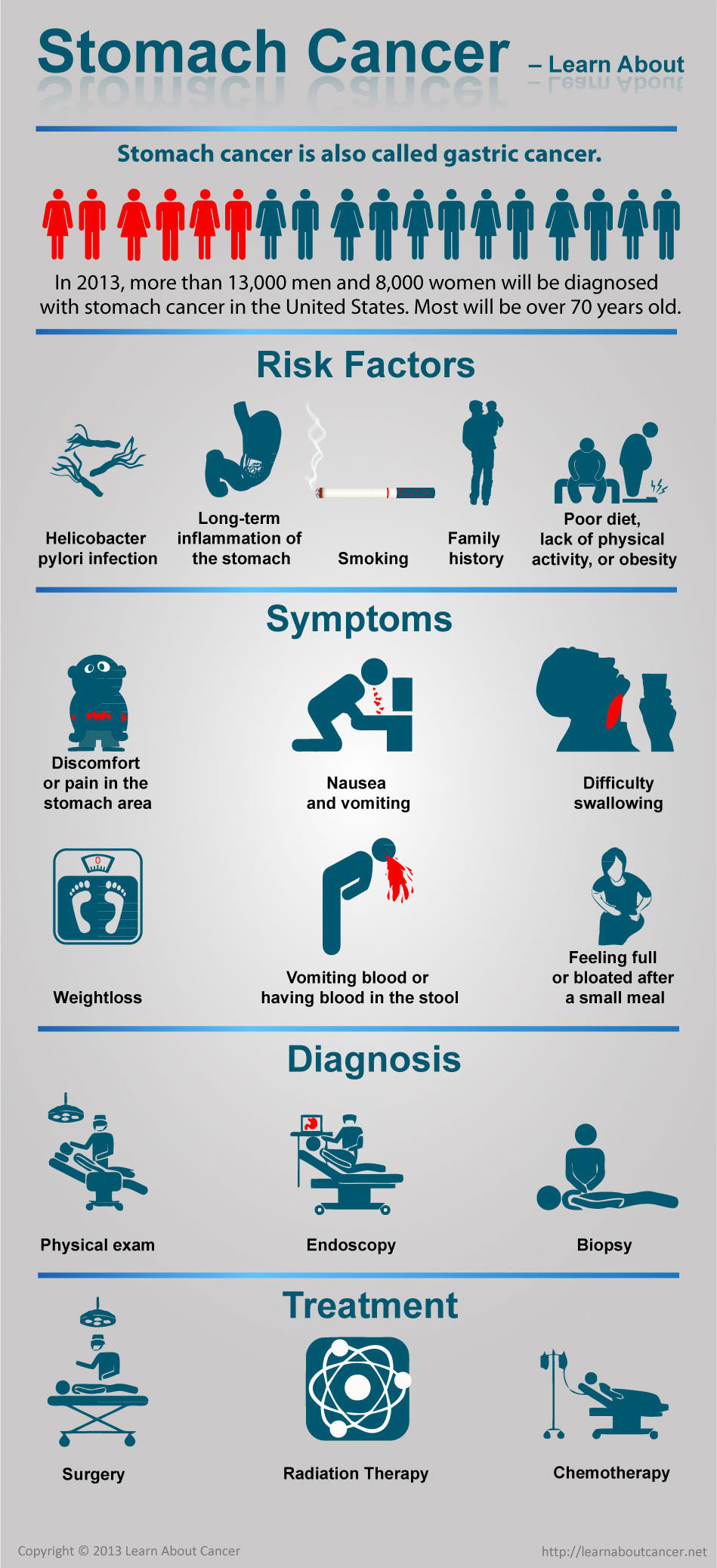Helicobacter Pylori (also known as H. Pylori), is a bacteria that one usually makes contact with in childhood. Children as young as three may have come in contact with it. Most children may not find themselves sick from this. Children may have other stomach conditions such as appendicitis. However, adults may find themselves besotted with this bacteria and taking several over the counter antacids may make it worse.
What Causes This Condition?
Mostly likely undercooked food and unsanitary water can cause this. It is a bacterial infection. However, it has been pinpointed as the cause of other illnesses such as peptic ulcer disease. The bacteria attack the stomach, destroys the lining and decreases stomach acid. It may cause bleeding and other internal problems. When this bacteria is finished destroying the stomach it usually starts on the small intestine because of the low PH level, which is the level of acid your stomach needs to digest food.
Is H Pylori Contagious?
Scientists have actually concluded that it is contagious because people who live together tend to pass it from one to another. Also people in substandard living conditions tend to come into contact with this bacteria. There is some disagreement in the medical community about how exactly it is transmitted. It is mostly likely caused by direct contact with saliva or feces. It is popular in underdeveloped nations with lack of clean water, adequate sanitation and proper food storage.
Treatment
If experiencing bloody, or black stool, or if your vomit resembles coffee, or contains blood, consult a doctor immediately. It may not be H. Pylori. It may be something else. However, this disease will give you severe pain and persist if remains untreated. Although, it most likely will not kill you, it can easily be treated; there is no need for prolonged suffering. The sooner you arrive, the sooner you can be symptom free.
Doctors treat this disease with antibiotics. There are several ways in which to test for it, including biopsy, endoscopy and even blood or breathing tests. It is curable. Also, it may not be possible to repair all of the damage to stomach and intestines if you wait too long before treating it. The treatment may be prolonged and take time. It isn’t lethal, at least in developed nations. The best way to prevent contact is to have good hand washing practices, to eat properly cooked food and drink clean water.
